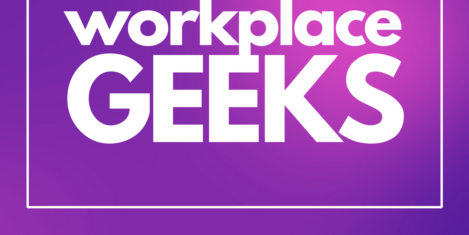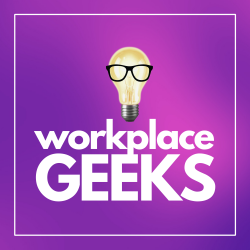June 22, 2022
People try to claim shared desks by leaving personal stuff on them
 Workers place personal items such as photographs on their desks in order to resist a change to a shared workstations or hot desking, according to new research from emlyon business school. The research found that employees believed is the most effective approach to show their dissatisfaction and halt the change to a new way of working involving shared desks is by passively utilising their personal items to claim space. These are the findings of research by David Courpasson, Professor of Sociology at emlyon business school, alongside colleagues from Universite Catholique de Louvain and published in Human Relations Journal. (more…)
Workers place personal items such as photographs on their desks in order to resist a change to a shared workstations or hot desking, according to new research from emlyon business school. The research found that employees believed is the most effective approach to show their dissatisfaction and halt the change to a new way of working involving shared desks is by passively utilising their personal items to claim space. These are the findings of research by David Courpasson, Professor of Sociology at emlyon business school, alongside colleagues from Universite Catholique de Louvain and published in Human Relations Journal. (more…)

































June 21, 2022
Flexible working options can support women in the workplace
by Dr Gabriella Rosen Kellerman • Comment, Flexible working, Wellbeing